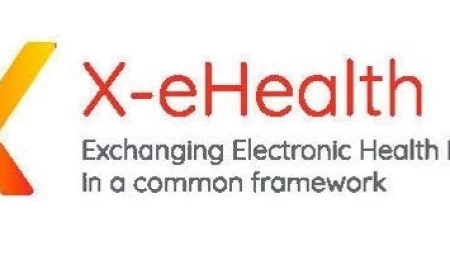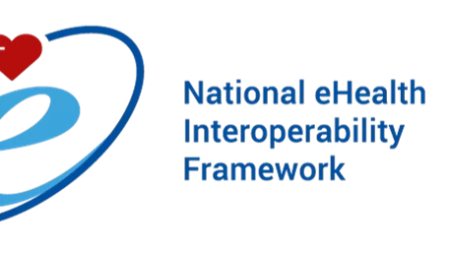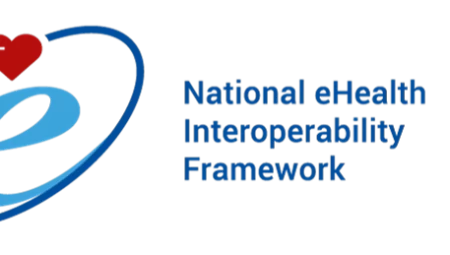Design and implementation of the Greek National eΗealth Interoperability Framework (NeHIF)
03/03/2020
The design and implementation of the Greek National eΗealth Interoperability Framework (NeHIF) has started, with the support of European Commission’s DG REFORM that has been setup to help the EU Member States with the preparation of growth-enhancing structural reforms, targeting effectiveness and efficiency in governance and administration. The Greek NeHIF is being implemented according to European directives, regulations and international standards.
The project aims to support the management and integration of health related data and electronic services that are crucial for increasing quality and continuity of care, rationalizing the health system, and improving (a) healthcare delivery, (b) governance, and (c) the outcomes of treatment, by:
- Adhering health data use and sharing processes to European and international best practices, standards and integration profiles.
- Supporting the national deployment of the Electronic Health Record.
- Facilitating the provision of health services for both healthcare professionals and citizens using properly coded clinical documents.
For the first time, the Greek government addresses the interoperability issue in the heath sector, by launching the development and adoption of a National eHealth Interoperability Framework, one that complies with the European ReEIF. Interoperability is both a prerequisite and a driver in the deployment of digital health services, as it necessitates the elimination of professional, cultural, organizational and technical boundaries. In line with the EU strategy, the Greek NeHIF is going to address challenges on all interoperability levels: legal and regulatory, organizational (including policies and processes), technical (systems and applications) and semantic. Stakeholders from the strategic, tactical and operational levels will be involved in addressing the abovementioned challenges.
The project’s methodology, so as to guarantee the sustainability of the reforms, is based on the following:
- Ensuring the political commitment to reforms through: (a) the broad and appropriate involvement of all related stakeholders; (b) the thorough analysis and distribution of tasks; (c) the focus on delivering concrete results and constantly monitoring the development of specific and measurable outcomes that are communicated properly.
- Provision of technical support to contribute to institutional, administrative and growth-sustaining structural reforms in Greece by: (a) identifying, training and mobilizing national experts with a deep understanding of the Greek political and socioeconomic status quo; (b) performing a sound quantitative and qualitative data analysis that will help fully understand the administrative environment and assess the impact of the reforms through modeling techniques; (c) providing seamless access to training and digitalization tools to improve the digital skills of the public authorities and their reforming ability.
- Taking into account international best practices and following recommendations from similar initiatives shared by the EU and its Member States, SDOs, international organisations, etc.: provided these best practices are applicable to the specific needs of the country. In case the national framework of a Member State resembles the one of another Member State, where reforms have been successfully applied, this project will regularly invite experts of the respective Member States to participate in its work teams.
- Applying international tools to create national interoperability standards based on EU-defined international standards (eHDSI, EHRxF, IHE Integration Profiles), readily available for use through independent testing tools
- Involvement of all stakeholders in the process; in a clear, unobstructed and transparent way.
KPMG Greece is the project contractor, with the global not-for-profit initiative "Integrating the Healthcare Enterprise" (IHE) as subcontractor.






